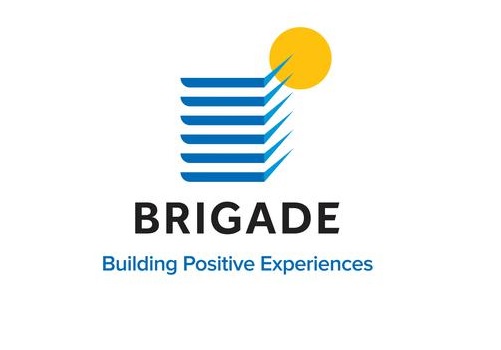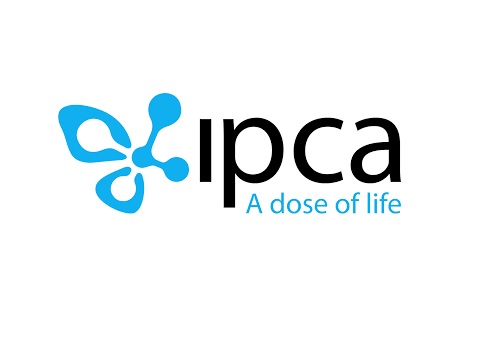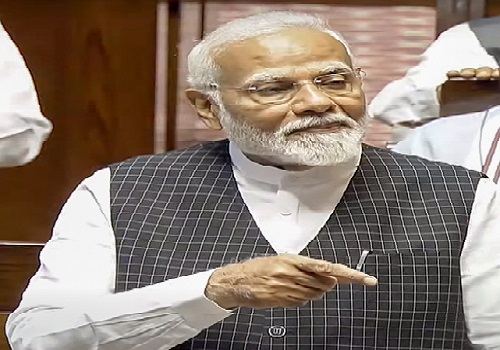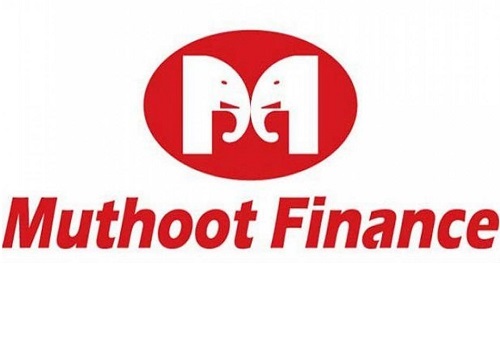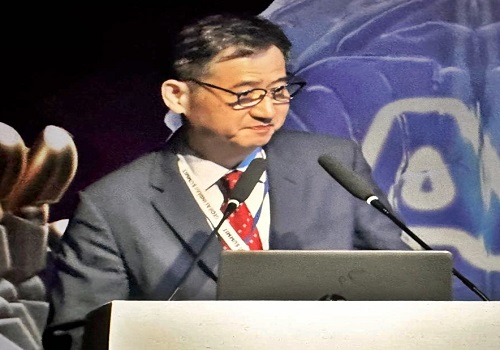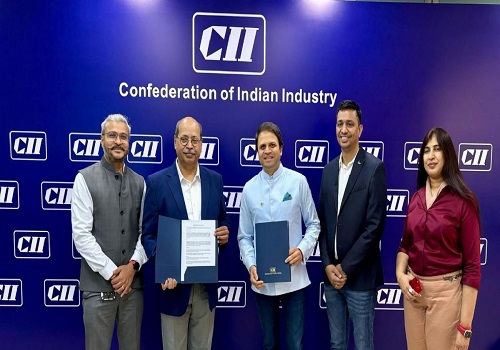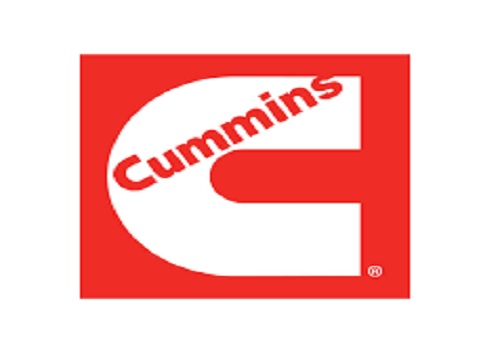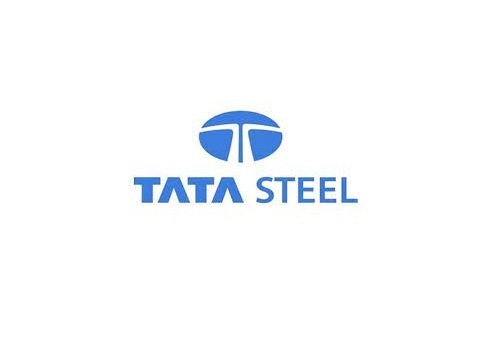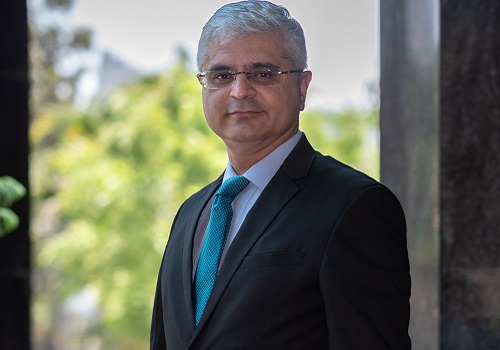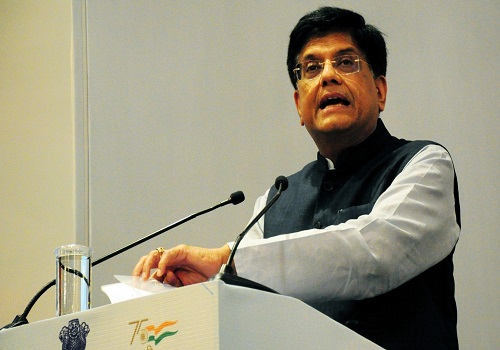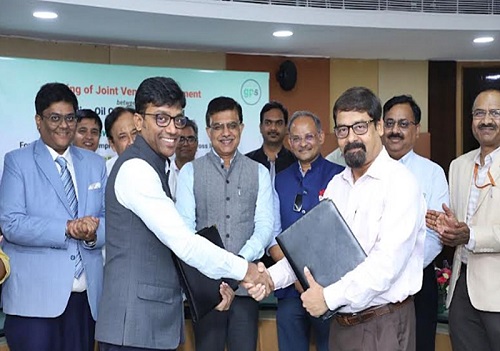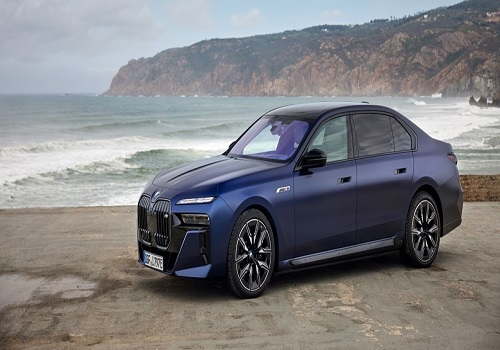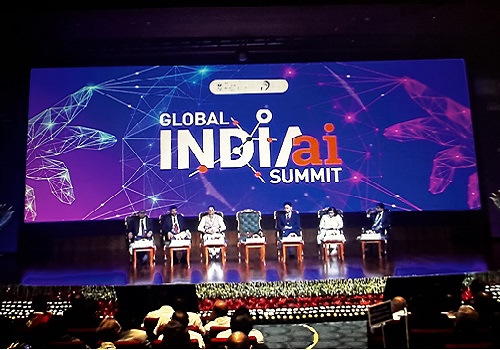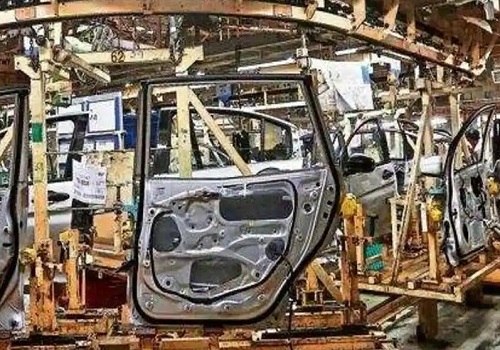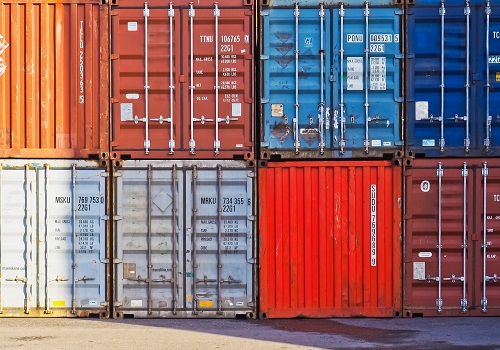'New EV manufacturing policy aims to attract global players and domestic value addition'
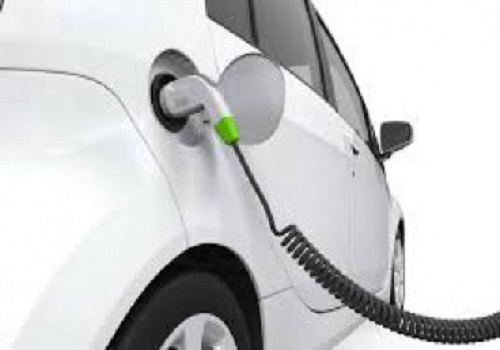
Follow us Now on Telegram ! Get daily 10 - 12 important updates on Business, Finance and Investment. Join our Telegram Channel
https://t.me/InvestmentGuruIndiacom
Download Telegram App before Joining the Channel
The new electric vehicles (EV) manufacturing policy, announced by the Central government on Friday, will not only aim to attract global players to India but also stress domestic value addition, a top official of the Automotive Component Manufacturers Association of India (ACMA) said.
ACMA President, Shradha Suri Marwah, who is also the CMD, Subros said: "The EV policy marks another significant step towards accelerating the adoption of cutting-edge technology and fostering innovation in India's automotive sector."
"The policy not only aims to attract global EV majors to invest in India but also emphasizes a significant Domestic Value Addition (DVA) criteria, ensuring the creation of a robust supply-side ecosystem."
The new policy sets the stage for a vibrant future-mobility global manufacturing hub in India, Marwah added.
As per the new policy trying to attract global players like Tesla, a minimum investment of Rs 4,150 crore (about $500 million) is needed to set up manufacturing facilities and production started within three years and reach 25 per cent DVA by three years and 50 per cent DVA within 5 years at the maximum.
According to the government, the customs duty of 15 per cent (as applicable to completely knocked down or CKD units) would be applicable on a vehicle of minimum CIF value of $35,000 and above for a total period of 5 years subject to the manufacturer setting up manufacturing facilities in India within a 3-year period.
The duty foregone on the total number of EVs allowed for import would be limited to the investment made or Rs 6,484 crore (equal to incentive under the PLI scheme) whichever is lower.
A maximum of 40,000 EVs at the rate of not more than 8,000 per year would be permissible if the investment is $800 million or more.
The carryover of unutilised annual import limits would be permitted, the government said.
The investment commitment made by the company will have to be backed up by a bank guarantee in lieu of the custom duty forgone. The bank guarantee will be invoked in case of non-achievement of DVA and minimum investment criteria defined under the scheme guidelines, the government said.
This move would help access global technologies, expand product range, and improve cost competitiveness, all of which would facilitate enhanced EV adoption.
ICRA currently expects about 15 per cent of new car sales to be electric by 2030, ICRA Ltd's Senior Vice President and Group Head, Corporate Ratings, Shamsher Dewan said.
According to Dewan, countries that have been front-runners in EV adoption have also developed a local vendor ecosystem.
This policy is a step in the right direction and would aid in increasing EV components localisation in India, which is currently at 30-40 per cent, he added.
"Chassis components that require minimal technology upgradation are manufactured locally. There has been substantial localisation in traction motors, control units, and battery management systems over the years, while battery cells, which constitute 35-40 per cent of the vehicle cost, are still entirely imported," he said.
This scheme gives rise to manufacturing opportunities for domestic auto component suppliers.
For parts that are already used in ICE, there could be technological advancements in certain cases, resulting in higher content per vehicle. The electric passenger vehicle component market is expected to be at least Rs 50,000 crore in terms of revenue potential for ancillaries, Dewan said.
